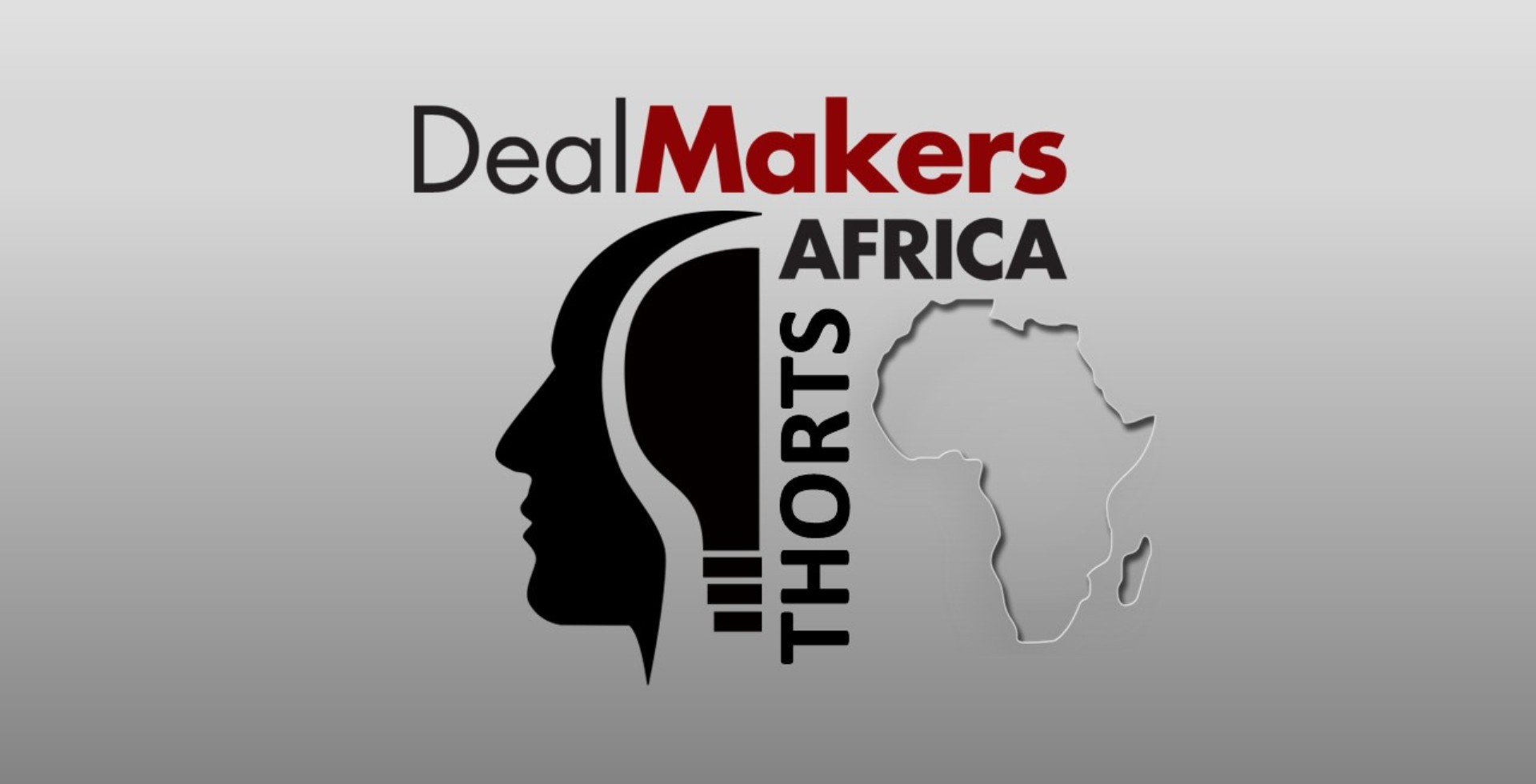The African continent is home to a rapidly growing and vibrant start-up sector, with new players aggressively seeking to disrupt traditional industries and challenge the status quo. Funding for start-ups in Africa has reached an all-time high, with more than US$4 billion being raised to date in 20221, of which the lion’s share was raised in Africa’s ‘big four’ countries: South Africa, Kenya, Nigeria and Egypt. By way of example, Kenya alone attracted more venture funding in the first three months of 2022 ($482 million) than it did in all of 2021 ($412 million)2. While only attracting approximately 1% of global venture capital funding in Q1 of 2022, it is likely that African start-ups’ share of global venture funding will continue to rise.
African start-ups are solving real-world problems and are often aimed at addressing basic societal needs. They often involve innovative digital solutions to everyday problems within fintech, agritech and edtech, to name a few. This contrasts with start-ups in developed economies, which typically search for digital solutions to improve and refine efficiencies of existing applications.
OPPORTUNITIES AWAIT
It is predicted that the population of Africa will double by 2050, when it is projected that Africans will comprise more than 25% of the global population3. Africa, at present, has the youngest population on Earth, with a median age of 18.8 years, compared to the global median of 31 years4, and may, in a conducive environment, be expected to benefit from a substantial demographic dividend in future. A younger population that is open to advances in technology can stimulate entrepreneurial growth and investment in non-conventional businesses and assets, while also providing a dynamic market within which new start-ups can flourish. These factors set the stage for African entrepreneurs to develop and scale attractive African start-ups.
Africa is, however, faced with numerous challenges, some of which have plagued the continent for decades. However, such challenges also present opportunities to start-ups. By way of example, despite having 60% of the world’s arable land, Africa is a major importer of food and relies heavily on the likes of Ukraine, Russia and other exporters for basic foodstuffs and agricultural inputs. The war in Ukraine continues to threaten agricultural supplies to much of the continent, driving up prices and placing additional pressure on already strained businesses and consumers. Agritech start-ups are endeavouring to address these basic needs and bring much needed relief to African consumers, whilst capitalising on the extensive commercial opportunities. AgriProtein and Twiga Foods are examples of two African start-ups that have already made inroads within the Agritech space. AgriProtein diverts organic waste from landfills and transforms this into feedstock for animals, while Twiga Foods connects farmers with vendors via its distribution and logistics technology.
With more than half of all Africans owning a smartphone, many entrepreneurs are launching mobile-first businesses, enabling an extensive and rapid reach to large audiences. In the fintech space, such businesses serve to broaden access to traditional financial services, including mobile-based money transfers, payments and micro-lending.
HOW TO STIMULATE GROWTH IN AFRICAN START-UPS?
A starting point should be the establishment of in-country and regional policy frameworks, and a regulatory environment that promotes agriculture, fintech and other essential industries and removes the perennial credit, land tenure, market, and technology barriers that have beleaguered these sectors and basic services for decades5. Africa, as a resource rich and culturally diverse continent, desperately needs innovation and technology to harness the resources and human capital that are readily available.
African countries are becoming increasingly open to entrepreneurship and innovation. Governments are expanding investment initiatives that support start-up growth, and are creating policies to make it easier to do business in Africa. In order for these start-ups to thrive, they require access to sustainable and timeous funding. Such funding avenues include:
• Venture capital – generally for early-stage start-ups with limited to no track record;
• Grants from governments and other institutions – bodies promoting local investment and entrepreneurship, enabling job creation;
• Mezzanine finance – flexible, with a hybrid nature, combining debt and equity finance, generally available for start-ups in a more developed stage of their life cycle, with financiers able to participate in future upside through an equity share; and
• Senior debt – available to more mature businesses, once start-ups have proven operational cash flows and accumulated assets and recurring contracts with customers.
Following successful fundraising and investment, start-ups, such as the African Leadership Academy which, to date, has raised more than $80 million in funding6, have set the stage for other success stories within Africa. This particular start-up seeks to “transform Africa by developing a powerful network of over 6,000 leaders who will work together to address Africa’s greatest challenges, achieve extraordinary social impact and accelerate the continent’s growth trajectory”. The awareness that is created by these start-ups is essential for continued investment into Africa.
POSITIONING FOR FUTURE SUCCESS
According to the e-Conomy Africa 2020 report, Africa’s internet economy is one of the largest overlooked investment opportunities available7. The current growth in African start-ups provides a glimpse of a future in which Africa continues to gain recognition as a global investment destination.
Whether you are an African start-up seeking capital, or an investor wishing to invest in an African start-up, a prudent first step would be to find a trusted advisor who is familiar with the African business landscape, to help navigate any potential pitfalls en route to future success.
1) https://thebigdeal.substack.com/. Published on 4 October 2022.
2) https://venturesafrica.com/africans-tech-space-is-thriving-amidst-a-global-meltdown/
3) https://www.economist.com/special-report/2020/03/26/africas-population-will-double-by-2050
4) https://www.statista.com/statistics/1226158/median-age-of-the-population-of-africa/
5) https://www.weforum.org/agenda/2022/05/averting-an-african-food-crisis-in-the-wake-of-the-ukraine-war/
6) https://startuplist.africa/startup/african-leadership-academy
7) https://www.businessinsider.co.za/the-start-up-ecosystems-in-africa-is-s-an-overlooked-investment-opportunity-vc-fund-2022-6
James Moody is a Corporate Financier | PSG Capital

This article first appeared in DealMakers AFRICA, the continent’s quarterly M&A publication
DealMakers AFRICA is a quarterly M&A publication
www.dealmakersafrica.com



